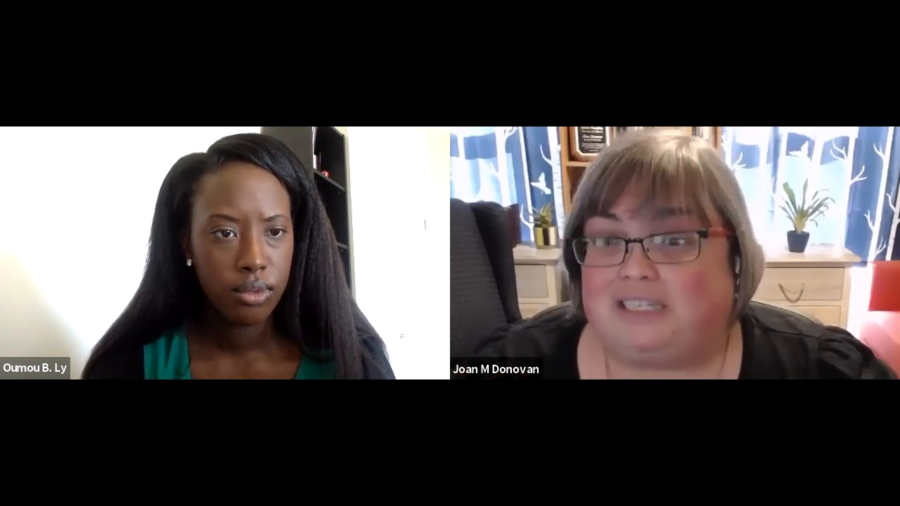We are immersed in a hyperpartisan media ecosystem where the future of journalism is at stake, the future of social media is at stake. And right now I’m really worried that the US democracy might not survive this moment.
Archive
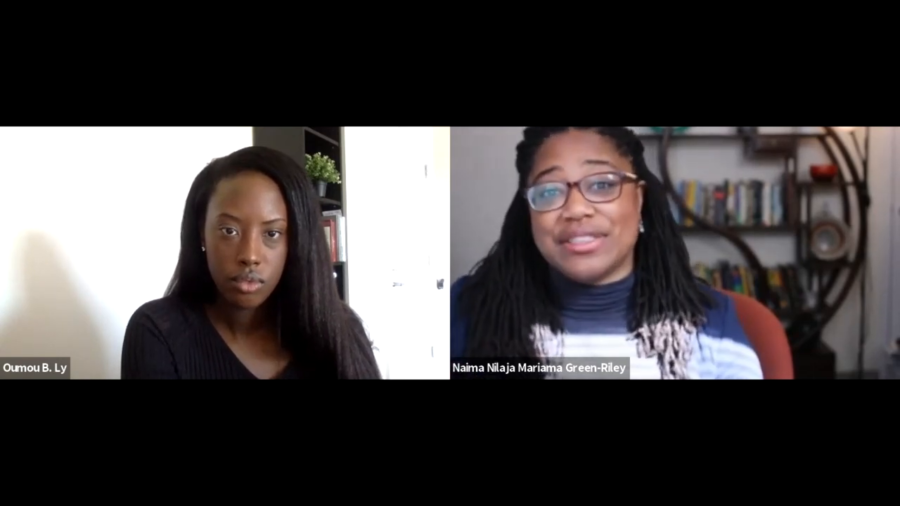
Not all dis- and misinformation is foreign, so that’s why this is such a large problem because there are many domestic actors that engage in disinformation campaigns as well. So, the narratives that we’ve seen across the space come from so many different people that sometimes it can be hard to target the the problem to one particular actor or one particular motive.
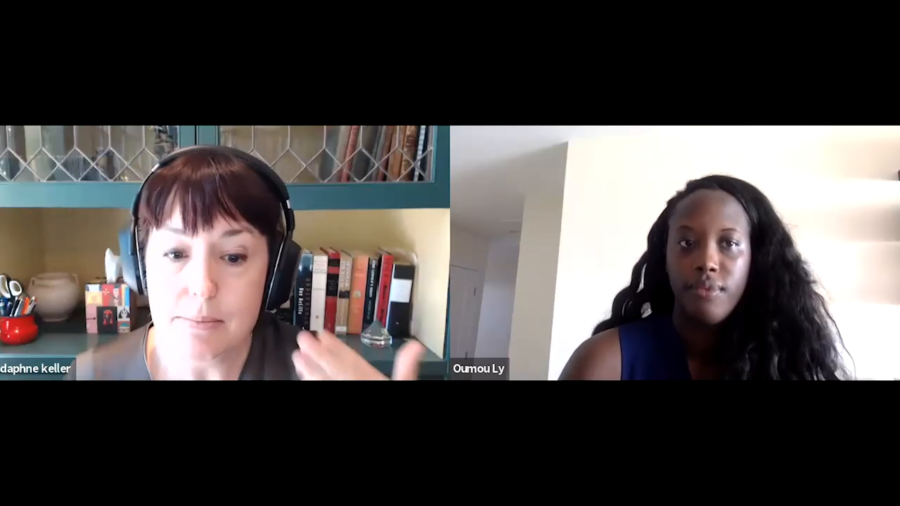
The key thing that Congress realized…was that if you want platforms to moderate, you need to give them both of those immunities. You can’t just say, “You’re free to moderate, go do it,” you have to also say, “And, if you undertake to moderate but you miss something and there’s you know, defamation still on the platform or whatever, the fact that you tried to moderate won’t be held against you.”
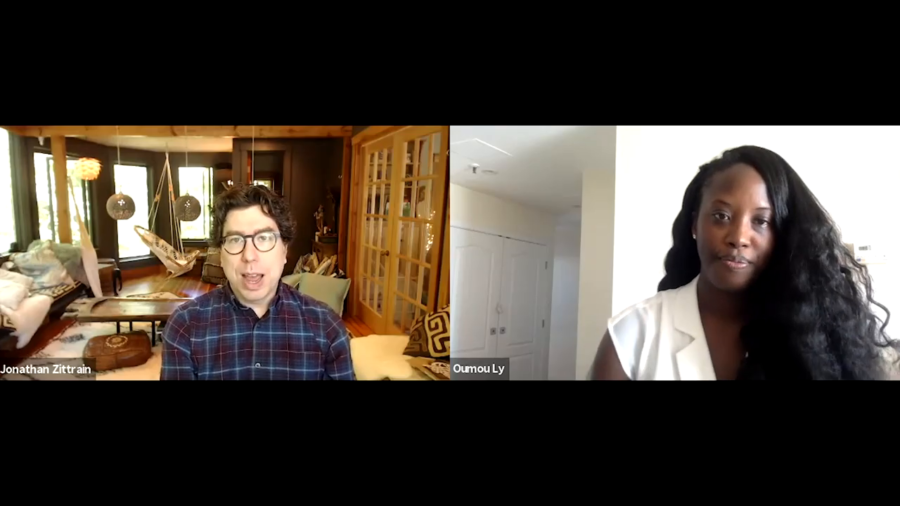
What would it mean to have people who weren’t just academics in an environment true to the highest ideals of academia? Of solving problems, of examining questions and our own assumptions about answers to those questions?
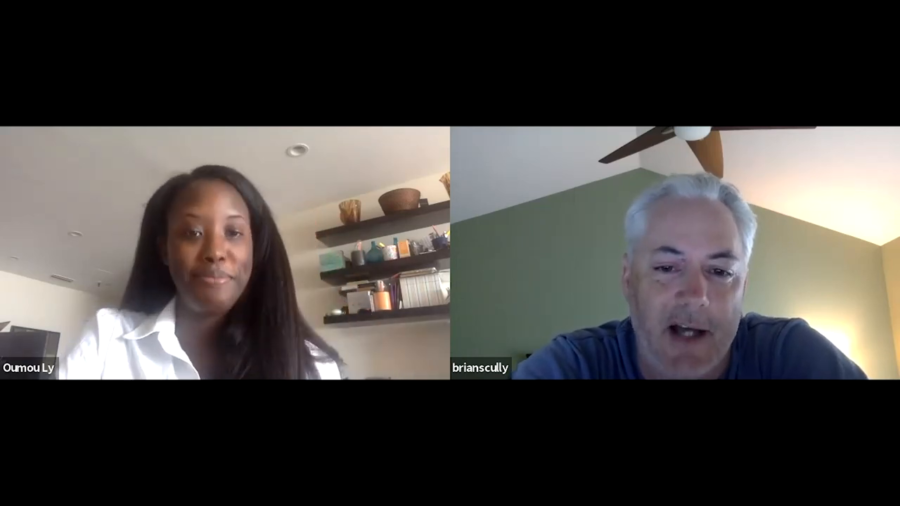
We’re focused on what we call countering foreign influence but really what we’re trying to do is build national resilience to foreign influence activities. And so for us a lot of what we do is public education and public awareness outreach to different communities, provide resources that folks can use to better understand both the risk and then ways to mitigate the risk.
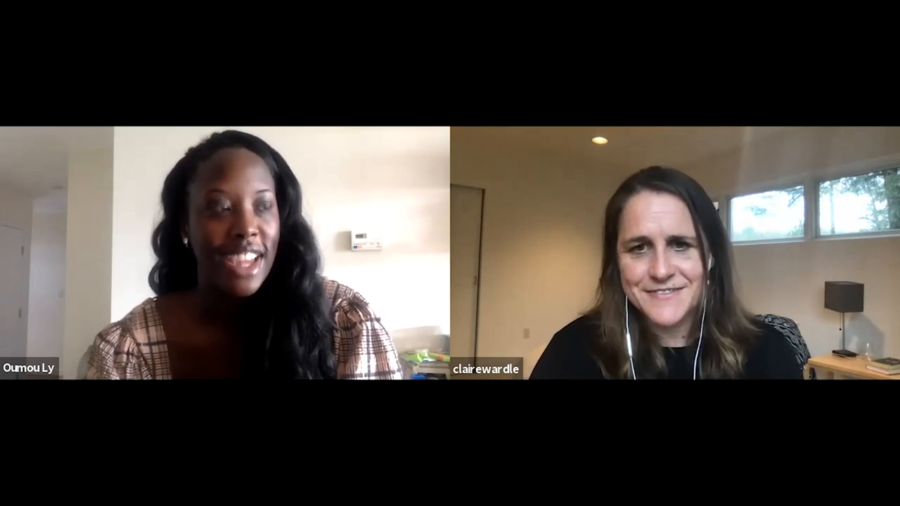
I think those of us who study and think about mis- and disinformation, it’s very tempting to study what’s in front of us. And so there’s a disproportionate focus on Twitter, because it’s the easiest to study because there’s an open API—although, caveats—and Facebook. That’s a lot of the places that we study. And similarly, that’s a lot of the places that journalists look for content and sources and stories. And so we end up kind of really just thinking about that as the “problem,” when actually we need to think about the full ecosystem.
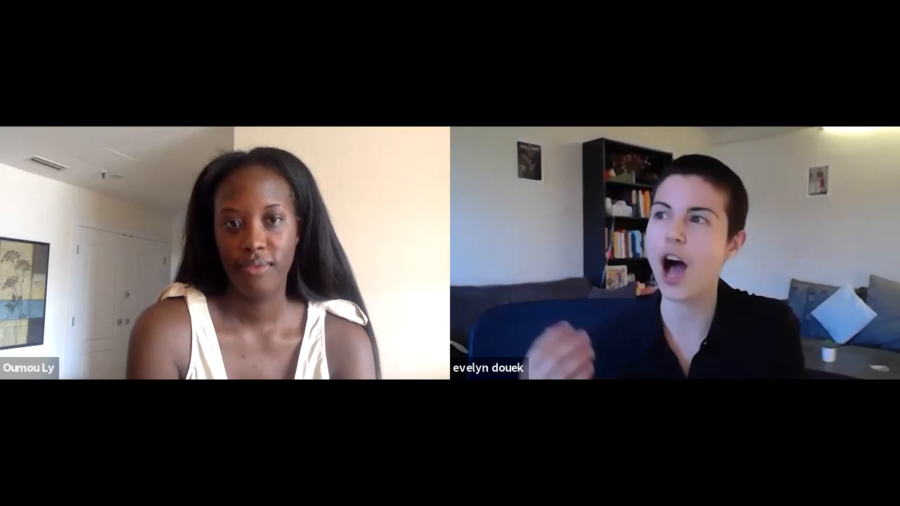
The question also does come up, you know, is there anything really new here, with these new technologies? Disinformation is as old as information. Manipulated media is as old as media. Is there something particularly harmful about this new information environment and these new technologies, these hyperrealistic false depictions, that we need to be especially worried about?
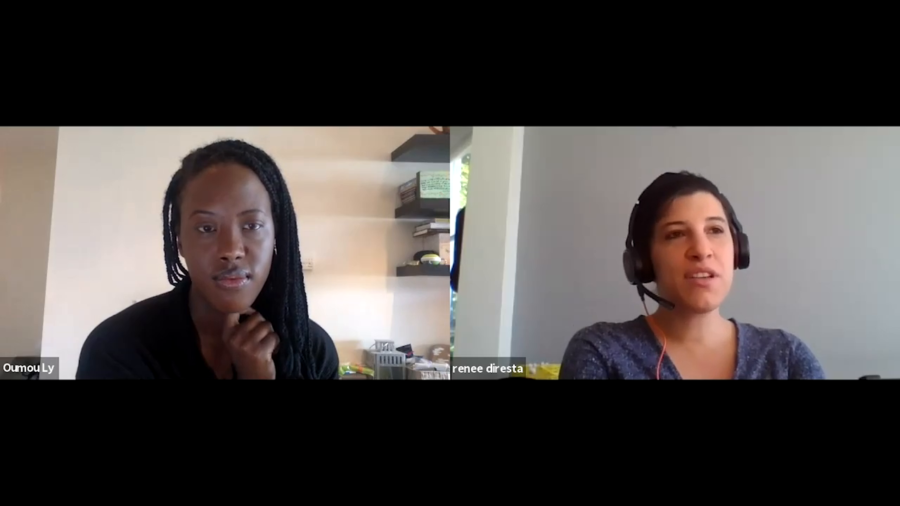
It’s been really interesting to see the entire world pay attention to one topic. This is something somewhat unprecedented. We have had outbreaks in the era of social media misinformation before. Zika in 2015, Ebola 2018, right. So there have been a range of moments in which diseases have captivated public attention. But usually they tend to stay at least somewhat geographically confined in terms of attention.

